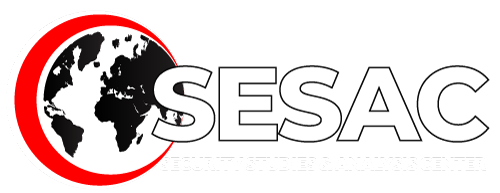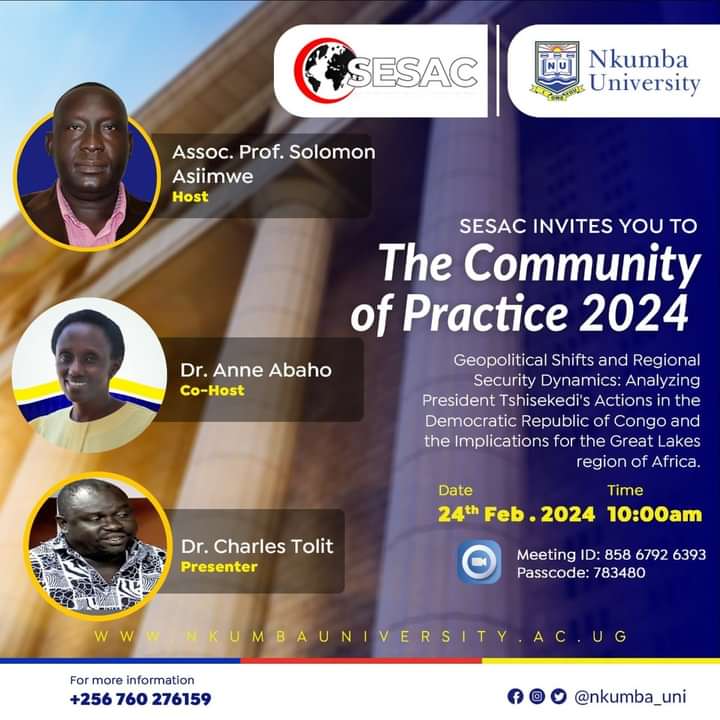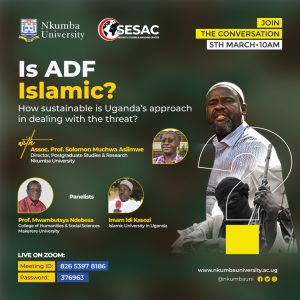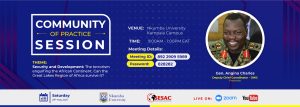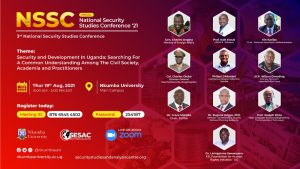Background
The conflict on eastern DR Congo is high on Uganda’s security agenda, and even more, after the EAF (East African Force) was ejected in December 2023 from DR Congo. The force then comprised of contributory forces from Kenya, Uganda and Burundi. (Note that Burundi though had a special mandate). In relation to this Africa Union Commission Chairman, Mr. Moussa Faki Mahemat drew the attention of Ambassadors, at the start of the summit on January 15th over the uncertainty of peace in the Congo.
Periodization of the situation in eastern DRC in policy cycles is tied on a number of major events in the recent times. For example tensions between Rwanda and DRC are tittering to the brink of breaking. M23 exploits, or allegedly supported by Rwanda, have increased. As a reply DRC President Etiene Tshisekide has warned Rwanda with possible war. For Uganda, this is a worrisome position to be. Noting that political dialogue the Launda process seems to have aborted and their seems to be no straight forward strategy de-acceleration.
Further to this; the South African force has arrived in DR Congo following the departure of the EAF (East Africa Force), in December 2023. Regional observers and commentators meanwhile, are skeptical. Asking whether a South African force will succeed where others, including the long standing UN mission, failed to kick out dangerous armed groups. Questions around the old SADC-Rwanda debacle re-surface to mind and what political strategy required all call for answers. There also serious questions for Uganda given this dicey situation? For AU the lack of coordination between its regional blocs and the proliferation of military interventions in eastern DRC casts doubt on how much it is in charge.
Aim of the Community Practice-seminar
Mindful that Uganda made part of the force that was disallowed by the DRC government in December 2023, and that the AU in attempt to address the situation tried to play a key role by organizing a summit with all the regional organizations involved in the Great lakes. Notwithstanding the urgent need for solutions, however, the process seems to be faced with challenges. Given the dynamic nature of the many overlapping issues in the region, it is clear that there is an urgent need for a re-think of the member states (including Uganda) in the approaches to engaging in the region, in search for peace and stability.
Among many things, there is need for high level diplomatic engagement aimed at calming down rising tensions among Countries in the region. Countries such as Rwanda and DRC should also be engaged towards securing their commitment to a process of disarming rebels and self-defense groups.
Against this backdrop, the prioritization of peace in the DRC among member states, as well as the AU summit is a step in the right direction. The question, however is that given the complex nature of continental diplomacy and the limited achievements in the past attempts. How then does Uganda re-think its foreign policy strategy in relation to DR Congo and the Great lakes. This seminar will thus aims to provide Uganda’s policy formulators and actors with a platform to interrogate the multiple issues in the region and the possible way forward.
Target Audience
The Nkumba University community, policy formulators and practitioners, diplomats and military attachés, AU and EAC , MPs, IGAD, GLRC researchers and academics.
Chairperson/Host Prof Solomon Asiimwe, Co- founder SESAC and Director, Post Graduate Studies and Research Nkumba University.
Co- Host Dr Anne Abaho
